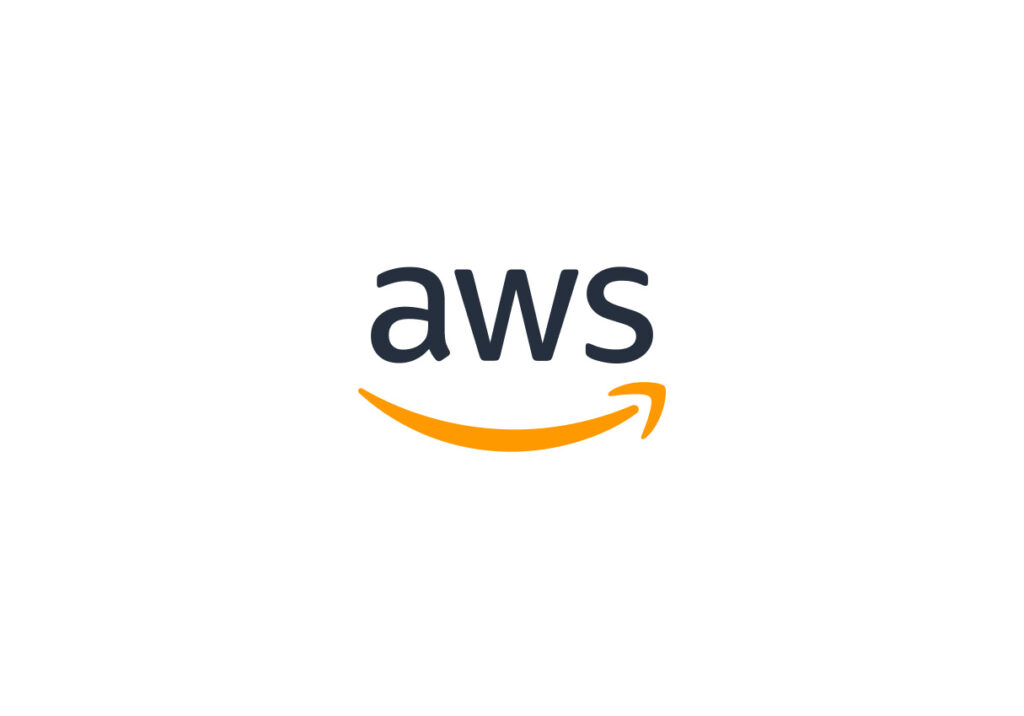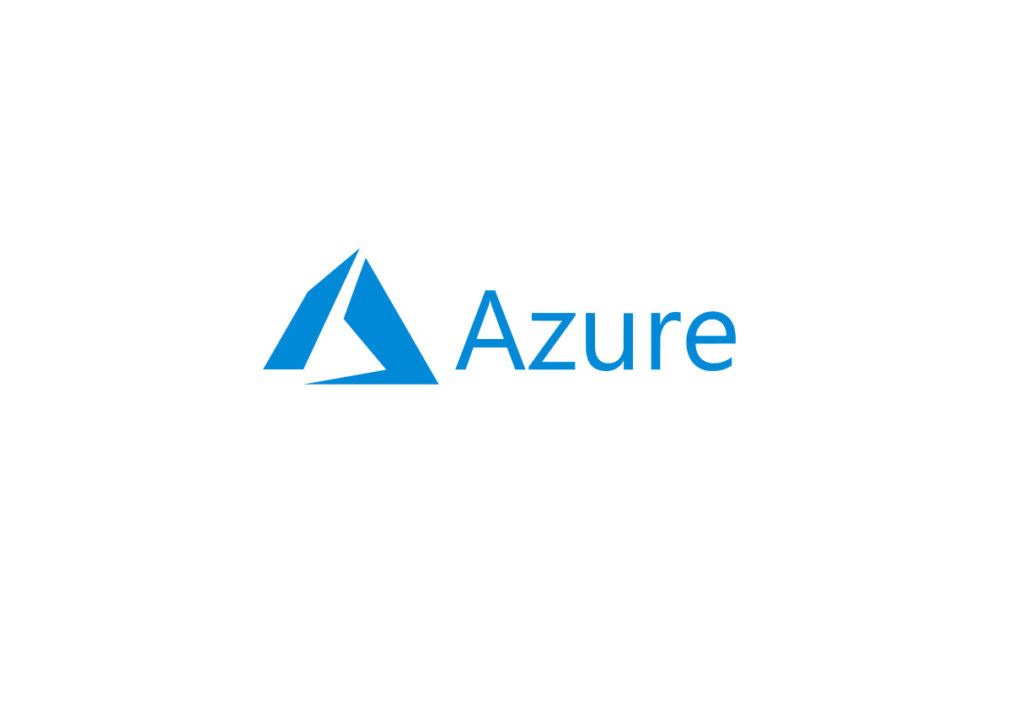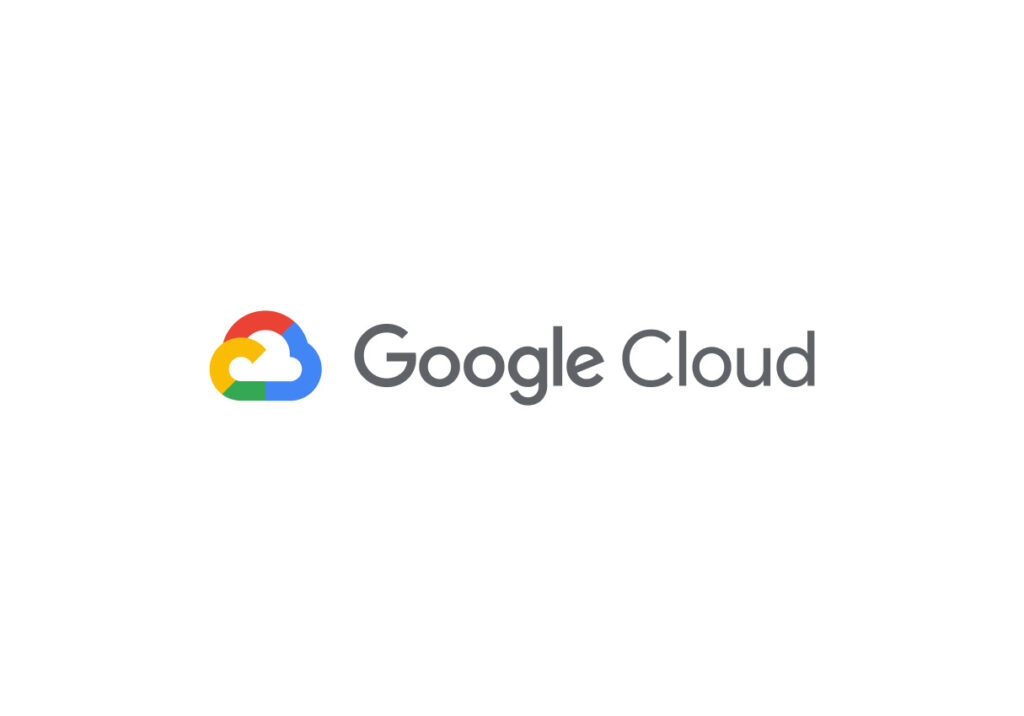What is Cloud or what is cloud computing?
Cloud computing is the delivery of IT resources that an Enterprise environment uses for their business needs and pays to the cloud service provider as per their usage.
It can be understood as instead of setting up your data centers and investing in *Capex and *Opex, you reach to a Cloud services provider like AWS, Azure, or GCP, rent the resources and services deployed in their data centers globally, and use them for your business requirements and pay as per your billing mechanism.
Cloud service providers provide various kinds of services. Read about them here
*Capex is Capital expenditure. This is a one-time investment needed to set up your data center. For e.g. Housing, hardware procurement ISP initial setup, power setup, cooling setup, etc.
*Opex is Operational expenditure. This is a recurring payment that you need to make to keep your IT services up and running. For e.g. Human resource expenditures, ISP, Power, Cooling billing, etc.

Important milestones in the cloud computing journey:
- In 2002, Amazon started Amazon Web Services (AWS), Amazon will provide storage, and computation over the internet. After that in 2009, Google Play also started providing Cloud Computing Enterprise Application
- In 2009, Microsoft launch Microsoft Azure, and after that other companies like Alibaba, IBM, Oracle, and HP also introduces their Cloud Services.
The top three cloud service providers are :



Advantages of cloud computing
You can deploy/discard it anytime
You can create new resources or retire them in seconds, allowing developers and IT Infra to accelerate development and deployment with quick deployments.
This has a significant impact on a company’s finances.
This adds to Instant Scalability and flexibility. Cloud computing gives you the so-needed real-time scaling.
You can scale resources and storage up to meet business demands without CAPEX. Similarly, they can quickly scale down if resources aren’t being used.
Cost
You only pay for the resources you actually use.
This helps you avoid overprovisioning and under-provisioning your data center.
But, if your ground research lacks correct analysis and you end up choosing the wrong SKUs and sizes, you may be disappointed a bit.
Cost is not a straight factor, it depends on service, resource type, location, SKU, etc.
Agility
Cloud computing allows you to deploy your services in less time.
This faster deployment allows you to get the resources required for your system within fewer minutes and meet your deadlines.
This leads to productivity.
Global Infrastructure
For any organization to go global, the biggest challenge is how to establish its IT presence in that country.
With the cloud emerging globally, you can start provisioning your IT resources in no time without investing in CAPEX in that country.
You can deploy your resources in various data centers of the cloud service providers.
Disaster Recovery
Disasters (Natural or Human lead) can strike at any time and any minute.
Recovering from a disaster as soon as possible is the priority for any enterprise.
Cloud-based services provide quick data recovery in all kinds of scenarios, natural or human lead.
Are there any concerns with cloud services?
Yes, when it comes to cloud services, there are still some concerns that are prevalent among IT professionals:
Heavy reliance on Cloud Providers
You don’t control the data centers anymore, so you cannot penetrate and control the cloud data centers the way you could in your data centers.
You rely on the cloud service providers if there are any issues with the services.
Unexpected Downtime
In the case of private data centers, if you are planning for any maintenance activity, you can schedule it as per your time window.
Cloud resources go into maintenance as per the cloud service provider.
You just receive the notification that the services are not available as of now or will not be available from one-time stamp to another time stamp.
This can be a concern if are looking forward to meeting your deadlines. You need to extend your deadlines following the ITIL process in that case with a justification.
Security
Cloud service providers implement security mechanisms as per worldwide accepted standards but because you don’t control it, you have no option to trust their implementations.
Along with this, we often listen to incidents of data breaches that cloud service providers face.
Now it’s not true that on-prem data centers cannot face this, but there because you have full control, you can perform better RCA (Root Cause Analysis) and take preventive measures for the future because you can explore more.
Here, it’s all on cloud service providers.
Vendor Compatibility Issues
The transition from one cloud provider to another has been a matter of concern.
It is not as smooth as it seems when you want to switch from one service provider to another.
Conclusion:
In a nutshell, cloud technologies do have pros and cons like any service.
You must make your choices with full research and choose the best cloud service provider that suits your business.
Pingback: Cloud Services types: IaaS, PaaS, SaaS - Skillie
Pingback: Shared Responsibility Model - Skillie
What a information of un-ambiguity and preserveness of valuable familiarity on the topic of unexpected feelings.